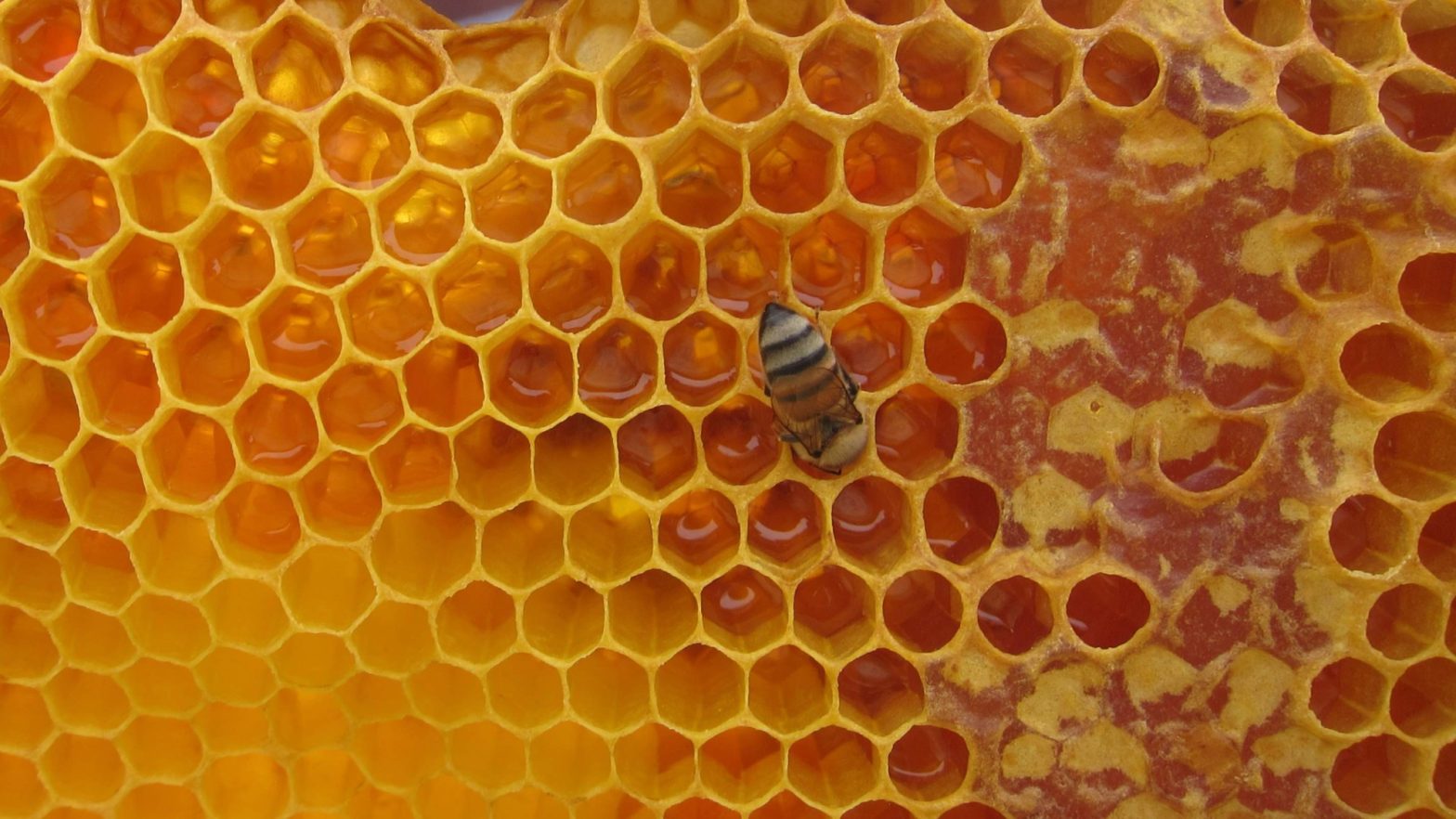There are many different ways to raise bees and harvest honey. Each beekeeper has their own unique style of beekeeping and preparing honey. Below, we describe what makes Dunsmore Honey different from other honey companies.
Honey from New Braunfels, TX
We sell honey straight from our homestead in the rural Texas Hill Country to you. We do not sell honey from other locations or producers. Our customers know exactly where the honey comes from.
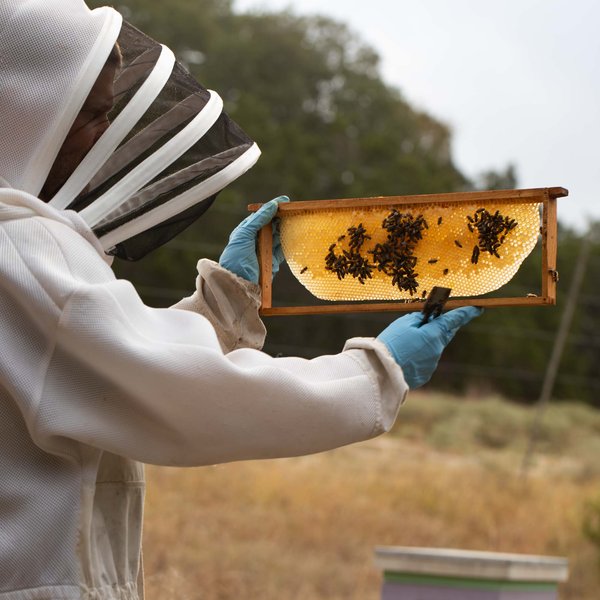
Pure, raw, and unfiltered honey
We only sell pure, raw, and unfiltered honey. The honey goes from the hives to the jar with minimal processing and no heat or pumping through machines. We avoid methods used by larger honey companies, which can adulterate the honey and remove or destroy the pollen, enzymes, propolis, vitamins, amino acids, antioxidants, minerals, and aromatics that give honey its great taste and medicinal value. Our raw honey is handled with great care to avoid contamination or defects. We never pasteurize, ultra-filter, or add anything to the honey when it is packaged. Read more about what the labels pure, raw, and unfiltered mean.
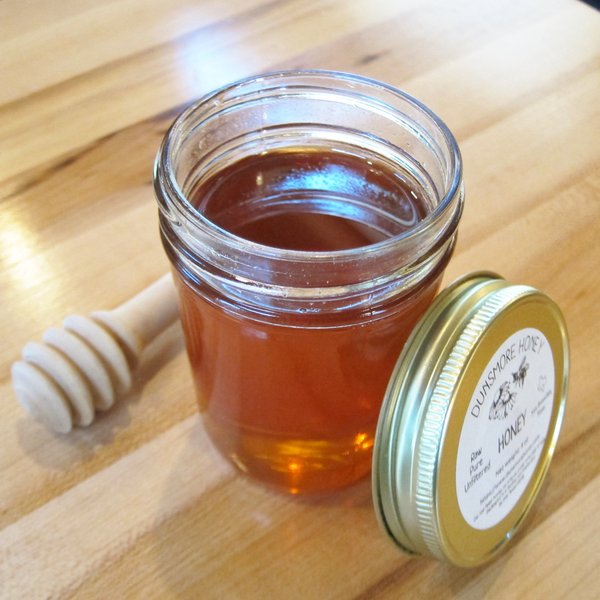
More than a sweetener…
Honey is a medicinal food. Evidence is mounting that raw honey has several medicinal properties (i.e., antimicrobial, antioxidant, anti-inflammatory, antidiabetic, anti-tumor, and gastroprotective). Our honey was tested and observed to have biologically active compounds with “very strong” antibacterial activity. It was comparable to medical-grade honey and performed well above raw honey purchased at local grocery stores.
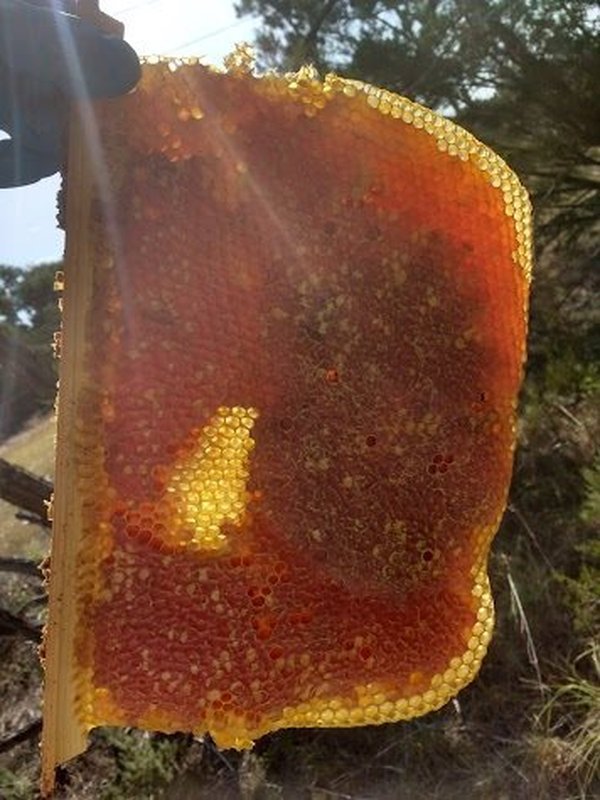
Responsibly harvested
The health and well-being of the bee colonies is our main priority. When we harvest honey, we take only surplus honey from the hives and leave enough honey for each colony to stay healthy. Honey contains vital nutrients that bees need to thrive. Malnourished bees require chemical treatments to help with pest problems and have lower survival rates in the long term. We raise healthy bee colonies that have the nutrition they need to combat pests and pathogens year after year.
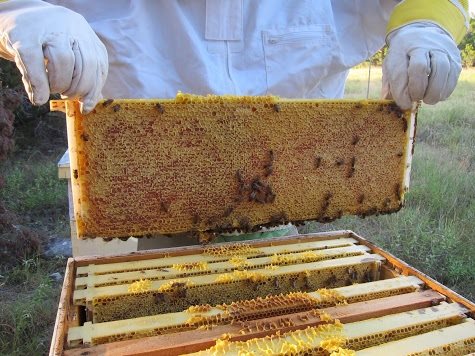
Chemical-free, treatment-free
We do not chemically treat our hives. We never use pesticides, antibiotics, oils, or acids in the apiary. These chemicals are commonly used in the beekeeping industry to handle pest problems such as mites, hive beetles, and wax moths. Unfortunately, they can contaminate honey and wax, pollute the environment, and be harmful to bees and humans. We work hard to keep these chemicals out of our apiary and out of our products.
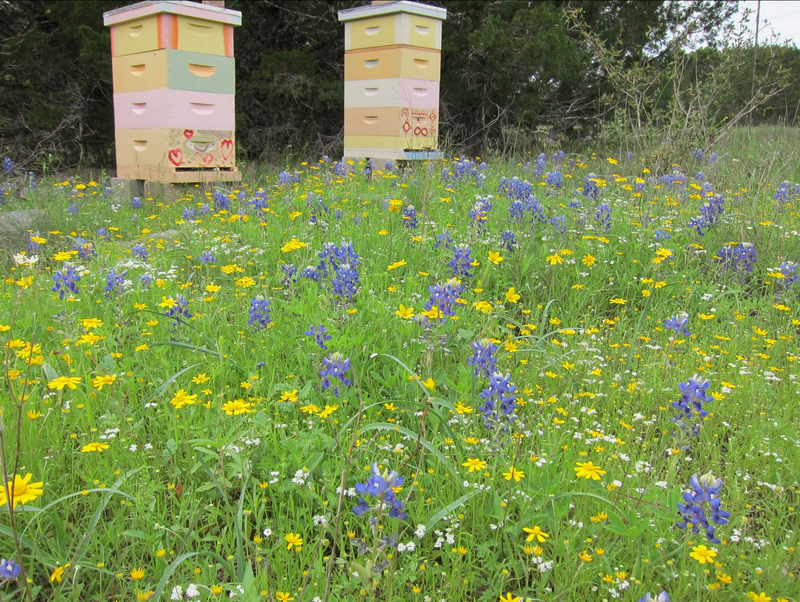
Nectar, pollen, and honeydew from native plants in the Texas Hill Country
Our bees forage in some of the most incredibly diverse and beautiful land in Texas. The Texas Hill Country is a special region of central Texas known for its rugged natural beauty. Each spring brings a magnificent display of wildflowers such as bluebonnets, firewheels, Indian paintbrushes, brown-eyed susans, and more. Our bees are surrounded by hundreds of acres of native pasture and forest with a large variety of native plants in their forage zone.

